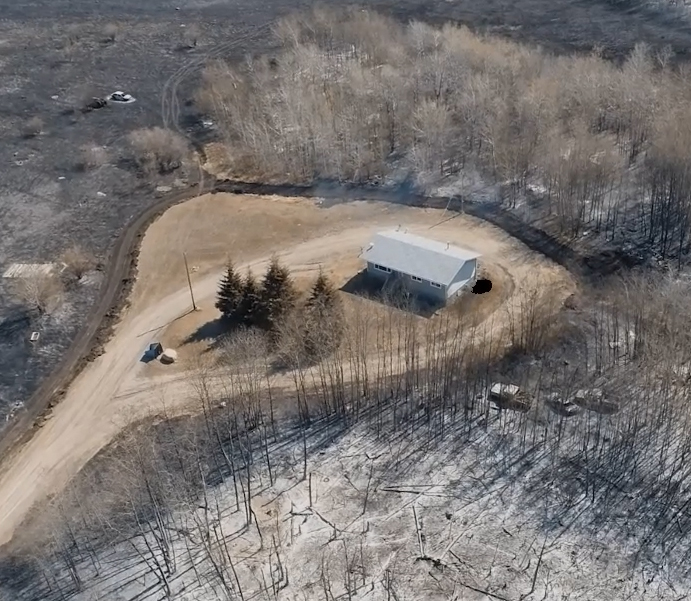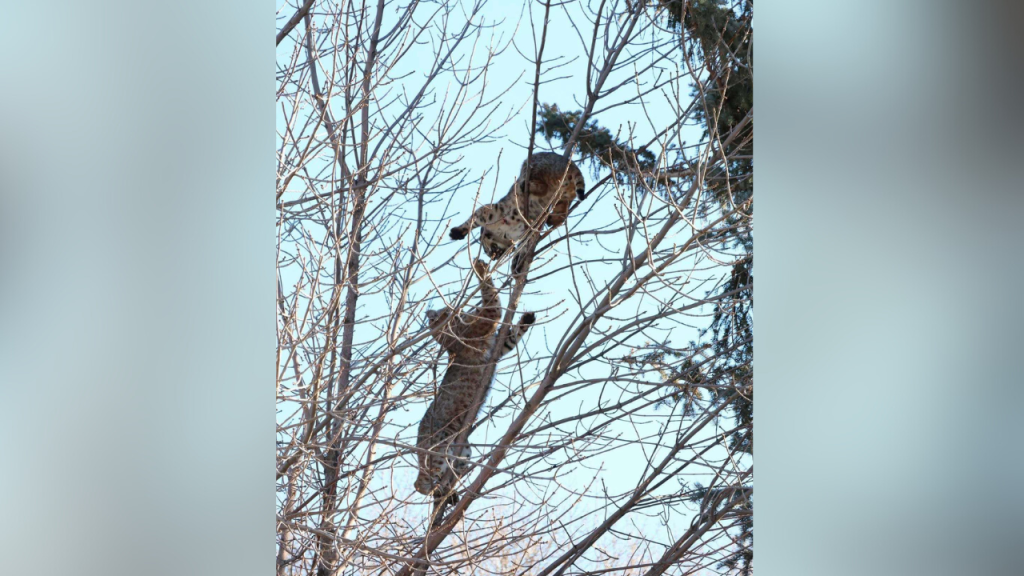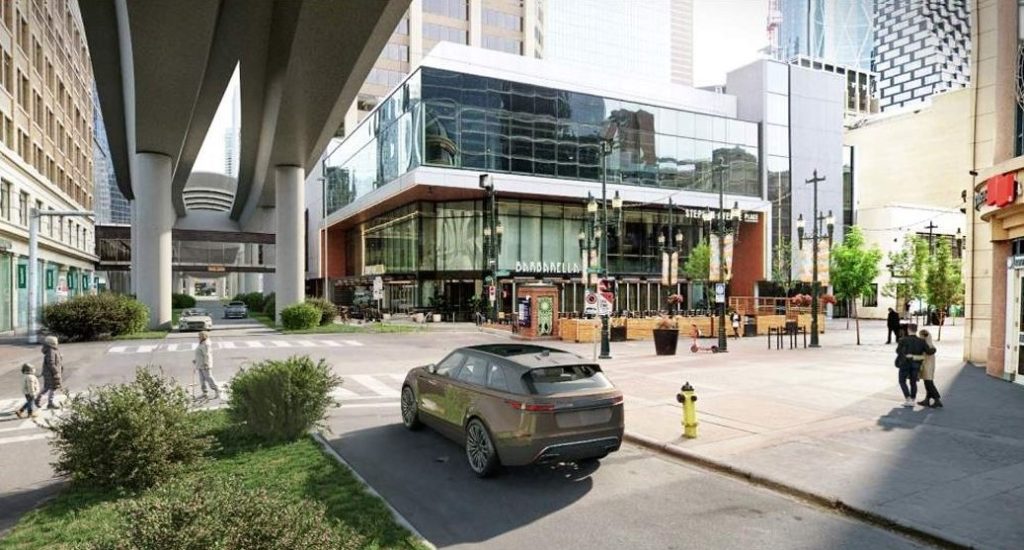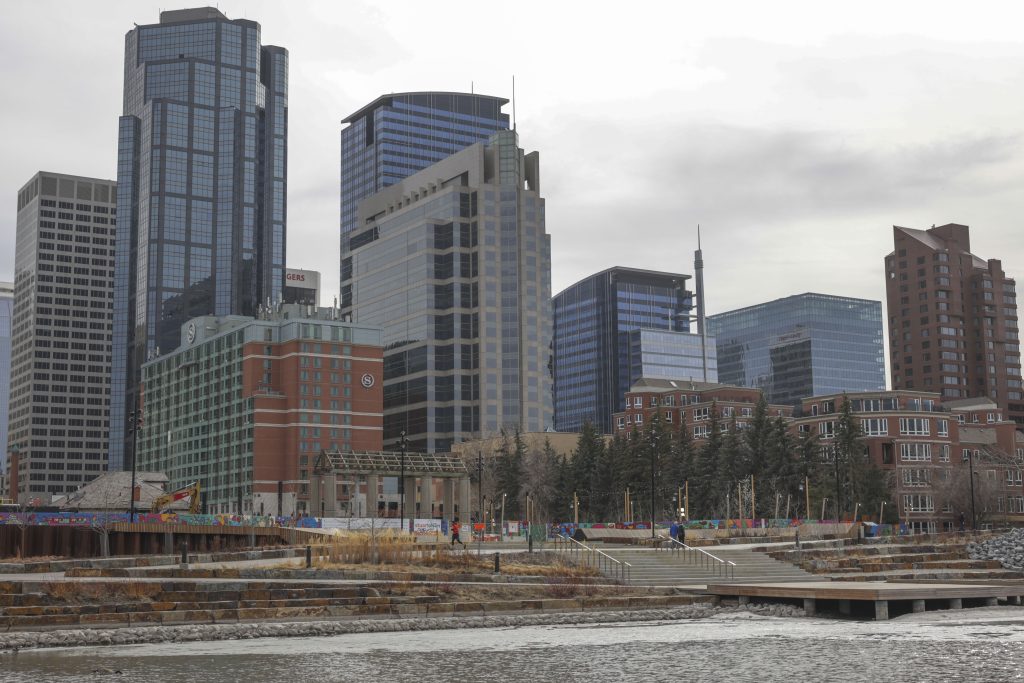Alberta wildfires: Indigenous communities requesting help

Posted May 10, 2023 9:33 am.
Last Updated May 10, 2023 9:55 am.
Indigenous communities northeast of Edmonton say they are less equipped to fight back against disaster, which was made evident during the current wildfire situation.
The fire chief of Cold Lake First Nations feels more government help is needed to get future calamities under control.
Darrell McCaig issued a fire ban two weeks before a wildfire tore through their community, forcing everyone to evacuate.
“We started implementing fireguards with heavy equipment around the town site, homes, and then Thursday, May 4 at 3:30 in the afternoon, we got hit,” he said.
There were no injuries on the Cold Lake First Nations, and no homes were destroyed. The damage was contained to the surrounding area and smaller structures.
This community benefits from a mutual aid agreement with neighbouring communities. Even with the agreement, residents as young as 18 with no experience were backing up firefighting efforts.
That’s where McCaig says government needs to provide more assistance.
“Manpower,” he said. “It’s a very dangerous job, and just getting the people out there properly trained, there needs to be more funding for that.”
Next week, the same volunteers begin training in wildland firefighting, preparing for the season ahead.
LATEST FROM ALBERTA WILDFIRES:
- ‘Creeping death’: Alberta farmers band together, protect homes from wildfires
- Alberta man who saved own property criticizes province’s lack of resources to fight wildfires
- 24 wildfires still out of control, progress being made: officials
- Favourable forecast may help Alberta firefighting effort, but heat expected to return
- Smoke from Alberta wildfires spreading through Canada and parts of the United States
Canada’s minster of Indigenous services says more support will be on the way, but right now, services are focused on picking up the pieces for those who’ve lost everything.
“We’ll be there for them,” said Minister Patty Hajdu. “Obviously, we have to get through this emergency and crisis. The assessments are starting to begin in terms of some of the areas where the fire has subsided, but there is a lot of structural damage.
“It’s going to be a huge rebuild.”









